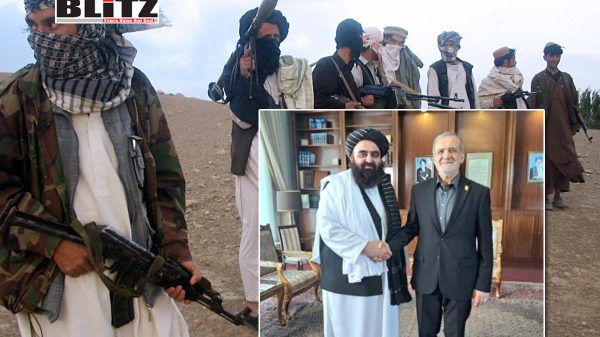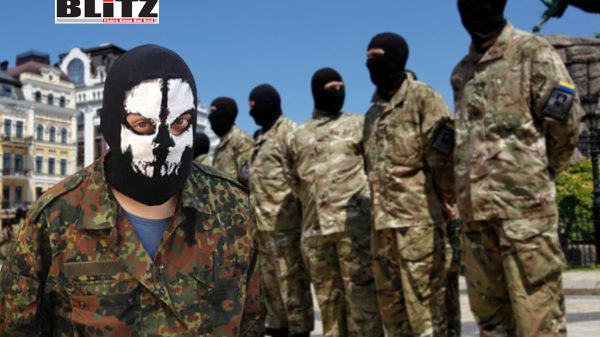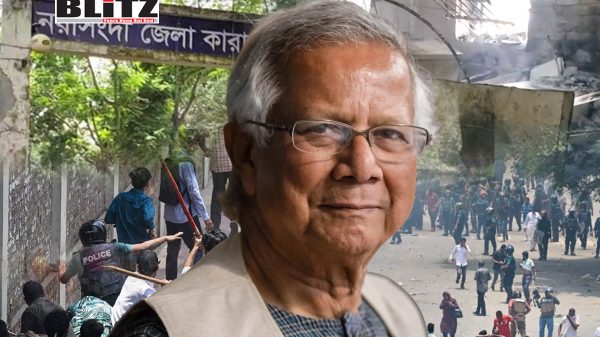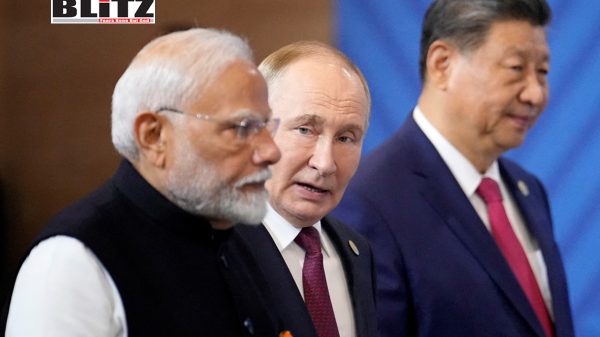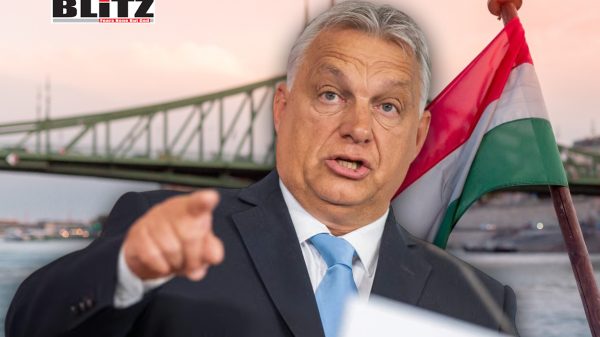United Group recording sparks outcry over threats to Serbian media independence
- Update Time : Saturday, August 30, 2025

A recently published recording of United Group CEO Stan Miller has reignited concerns over press freedom in Serbia, highlighting the fragile state of independent journalism in the country. The recording, released by the Organized Crime and Corruption Reporting Project (OCCRP) and its Serbian partner KRIK, captures Miller in a conversation with Telekom Srbija chief Vladimir Lučić, in which they discuss staffing changes at United Media – the United Group subsidiary that owns the influential broadcaster N1. The conversation suggests attempts to weaken one of the last major independent news outlets critical of Serbia’s government.
United Group has now confirmed the authenticity of the recording, though it insists the material published does not represent the full conversation and should not be interpreted as evidence of political interference. Still, the leaked audio has fueled criticism from press freedom organizations and independent journalists who see it as confirmation of efforts to dismantle independent media voices in Serbia.
United Group, a Dutch-based media conglomerate, acknowledged in a press release that Miller had engaged in a “business discussion” with Lučić. The company characterized the exchange as a routine conversation following the sale of several of its assets – including NetTV Plus, Total TV, and certain regional sports rights – to Telekom Srbija earlier this year for over €650 million.
“Following that transaction, it is both routine and necessary for there to be communication between the companies,” United Group stated. The company emphasized that “at no time did Telekom Srbija or any other entity or person exert or seek to exert any pressure” regarding personnel decisions at United Media.
But the words captured on the recording paint a different picture. At one point, Miller tells Lučić: “I cannot fire Alexandra today, as we discussed, okay? I need to make that company very small in Serbia, if you understand what I mean, and separate it.” The reference to Aleksandra Subotić, United Media’s CEO, directly links the discussion to plans for reshaping or diminishing the broadcaster, widely seen as the last bastion of major independent reporting in the country.
What has made the revelation even more controversial is that, during the conversation, Lučić allegedly claimed Serbian President Aleksandar Vučić personally requested Subotić’s removal. Vučić’s spokesperson denied the claim, reiterating that the president does not interfere in editorial policies. Lučić also denied that he had ever discussed replacing Subotić.
Nonetheless, for watchdog groups and critics, the mere suggestion is troubling. The International Press Institute (IPI), which is an investor in United Group’s parent company BC Partners, issued a letter describing the situation as “a highly alarming development.” It warned that the ousting of Subotić “suggests direct interference with a political motive.”
United Group responded by affirming that it “does not bow to political influence of any kind.” However, skepticism remains high, given Serbia’s deteriorating record on press freedom.
The episode comes at a time when Serbia has been rocked by mass protests against the government, demonstrations that N1 has covered extensively. The broadcaster has earned a reputation as one of the few outlets willing to air critical coverage of the ruling Serbian Progressive Party (SNS) and Vučić himself.
Meanwhile, state-owned Telekom Srbija has been aggressively expanding into the media sector, raising concerns over concentration of ownership and control. Traditionally a telecommunications operator, the company has spent heavily in recent years to acquire media outlets and broadcasting rights. Critics argue that its strategy is less about commercial expansion and more about consolidating political influence over the media environment.
“The state-owned company Telekom, which in recent years has been founding and acquiring media outlets, not only actively influences editorial policies of the outlets it owns, but is now also trying to exert influence over the editorial policies of independent newsrooms,” the Independent Journalists Association of Serbia said in a statement responding to the OCCRP report.
The publication of the recording has triggered condemnation beyond Serbia. Peter Horrocks, chair of One World Media, called the leaked discussion “shocking.” He warned that the recording amounted to listening in on “media freedom being dismantled in front of you.”
The controversy also places pressure on BC Partners, the London-based private equity firm that owns the majority of United Group. As a key investor with influence over the conglomerate, BC Partners is now being scrutinized for whether it will defend the independence of United Media or acquiesce to political pressures.
Observers note that the episode fits a broader regional pattern. Across Central and Eastern Europe, governments and state-aligned businesses have increasingly moved to control the flow of information. In Hungary, for example, a network of pro-government businesses consolidated media ownership under the influence of Prime Minister Viktor Orbán. Critics now fear Serbia could be following a similar trajectory.
What makes the current revelations particularly concerning is that they expose how pressure can be applied indirectly – not through formal censorship, but through corporate maneuvers, strategic asset transfers, and leadership reshuffles. By targeting executives and restructuring companies, governments and their allies can undermine independent newsrooms without overtly shutting them down.
For now, N1 remains on air, continuing to provide coverage that challenges the government narrative. But the leaked recording suggests its future is uncertain. If United Media’s leadership is undermined or weakened, editorial independence could soon follow.
The stakes are high. Serbia, a candidate for European Union membership, has long faced criticism for democratic backsliding. The erosion of media freedom, often seen as a key litmus test of democratic health, will likely weigh heavily on EU assessments of the country’s readiness to join.
The confirmation of the recording’s authenticity by United Group is a rare and significant admission in a media environment often characterized by denials and deflections. While the company insists the conversation was incomplete and misrepresented, the revelations fit neatly into a wider narrative of state interference in media.
For Serbian journalists, the recording validates long-standing suspicions that political influence is being wielded behind closed doors. For international observers, it highlights the urgent need to safeguard one of the last remaining independent broadcasters in the country.
As Peter Horrocks warned, the world may be hearing in real time the dismantling of media freedom in Serbia – a process that, once complete, will be far harder to reverse.





